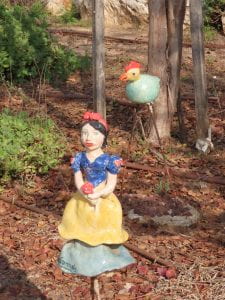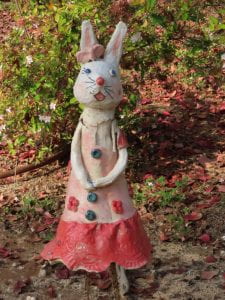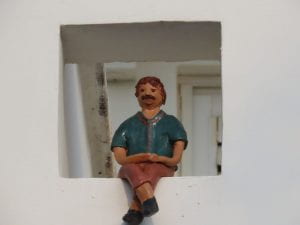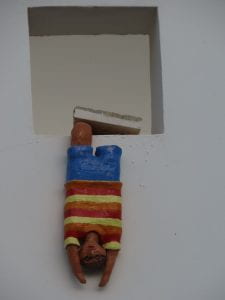
This book is fascinating in so many ways.
I too read “The Little House” series by Laura Ingalls Wilders avidly as a child. I think I read the entire series three times before the age of 10. I tried several times to create a “china doll” out of clay for the mantlepiece at a family friend’s art studio (even though I have never owned a mantelpiece!). When someone mentioned the word “Calico” I thought of the dresses from the book, not cats. The “older-me” later watched the TV series with the neighbor’s children who would come to us after school. The names of the family members have been etched into my brain.
I had assumed that this book would interest me as I would learn more about Ingalls Wilder’s real life compared to the one she portrayed in the books she wrote. I had no expectations regarding anything else.
I learned far more.

Naomi’s Photos
Fraser (who shares the name Caroline with Laura Ingalls Wilder’s mother) ties in the in-depth research into the family’s history with the history of the United States in a clear and engaging way. The historical context not only highlights what happens to the family but echoes current events.
Seriously. What is going on in the U.S.A today is complicated, but some of the origins of it seem clearer after reading this book. If you were wondering why STARVING people refused help from the government’s New Deal in the 1930s, you need to go back to the late 19th century.
For example, scientists of the day warned the government NOT to encourage settlers /homesteaders to settle in the Dakota territory. It’s not that these scientists were concerned about the rights of the Dakota Indians (it doesn’t seem that anyone was…) but they clearly laid out information that the climate and the soil were not suitable for farming wheat. But those who sought to reap benefits from the westward move (both in the government and out of it) scoffed at scientific information and advertised ads tempting impoverished people looking for a break: “The rains will follow the plough”.
Does scoffing at information from scientists sound familiar?
Well, guess what. The process of farming where the thin topsoil took forever to form caused severe droughts, horrific fires, and widespread starvation. The same government now reminded the starving people that government is not about supporting the people as pioneers are self-sufficient…

There was a great deal more going on than a simple tale of” the small pioneer family that went West and overcome all problems all by themselves because they worked hard and lived off the land. Even Laura’s origin family and her married one survived only thanks to additional non-farming work. While Laura herself first turned to writing columns in farming newspapers as a means of supplementary income, she continued to promote the myth that living completely off a farm income was within anyone’s reach…
The only part that I found difficult to read in the book was the far too lengthy details regarding the daughter, Rose. She is an inseparable part of the story of how the “Little House Books” were written, but this part of the book was tedious.
Otherwise, I was fascinated!
Oh, and I had never heard the origin story of the Japanese version before! Who knew!


